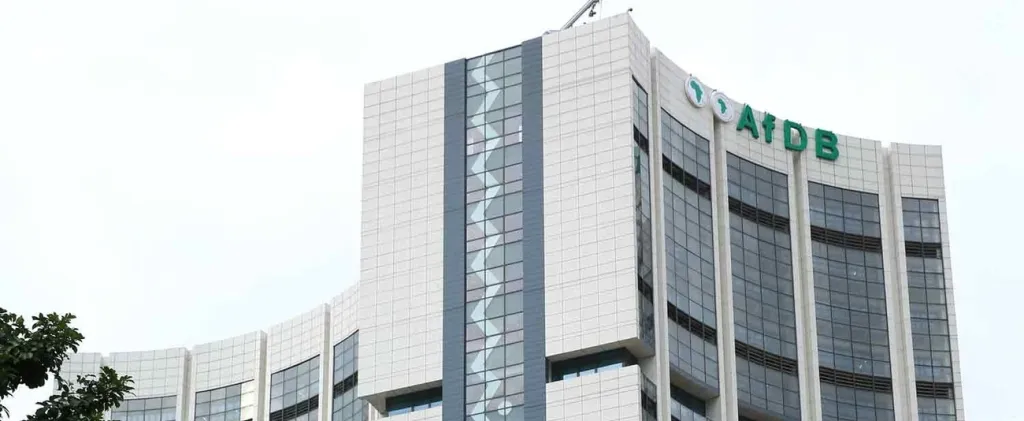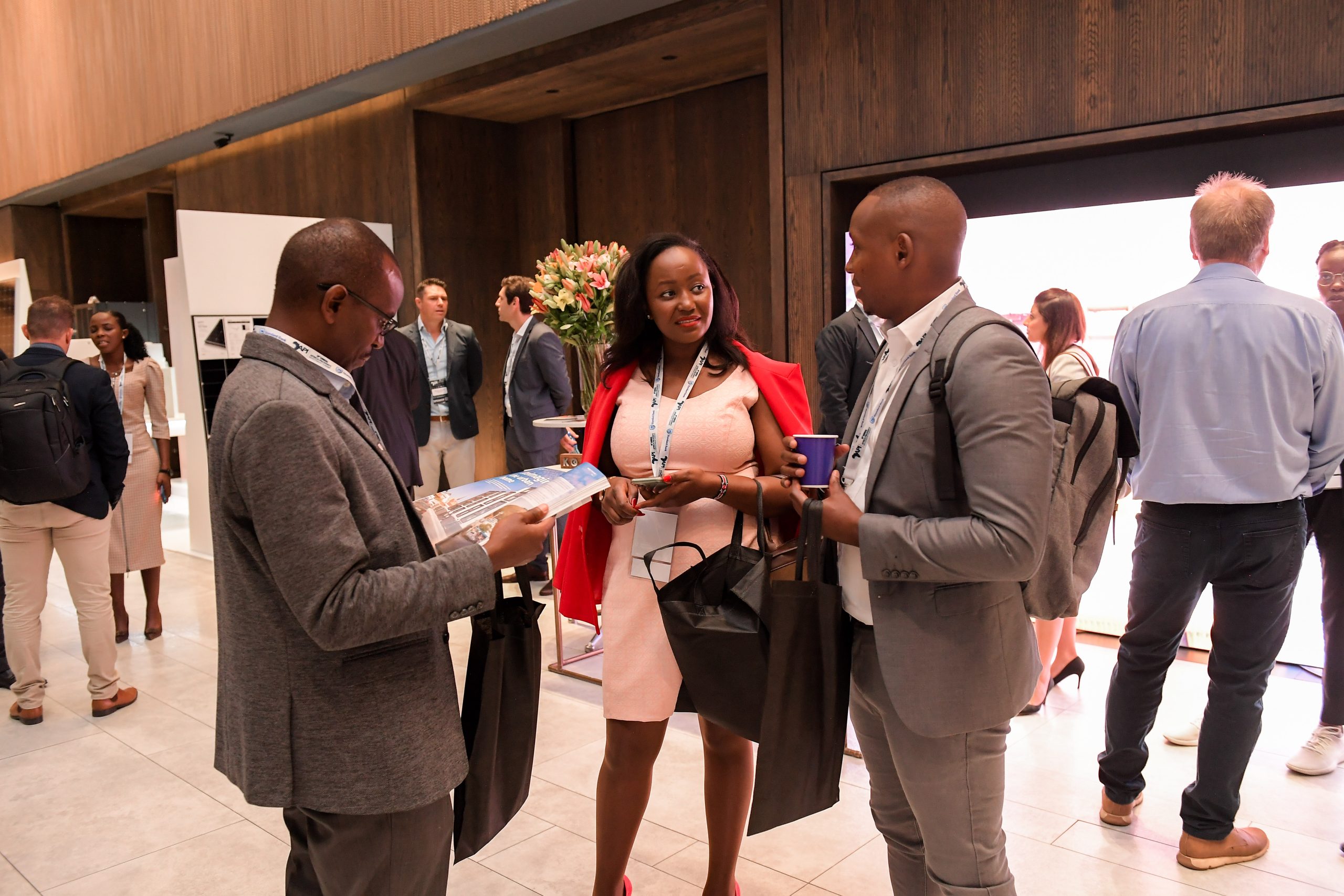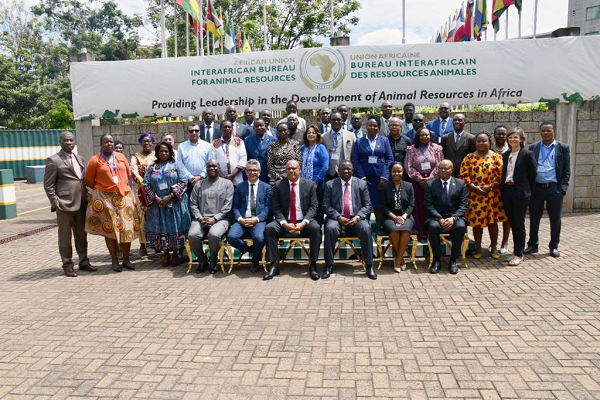The Congolese authorities and three industrial companies have failed to adhere to taking action in respecting international and national norms regarding the right to a healthy environment for the citizens of the Republic of Congo. Based on the Amnesty International report an analysis of the potential impact of oil spills and smoke emissions on the health and socio-economic situation of local communities.
The report, “In the Shadow of Industries in the Republic of Congo”, sheds light on several cases of oil spills on soil and water sources, and smoke emissions from aluminum and lead furnaces linked to the activities of two oil companies and one recycling company in the Pointe-Noire and Kouilou areas. The oil spills and pollution of the air are attributed to increment in respiratory diseases and surge in affections among the children.
This is evident by the struggles that are faced by locals as they lack access to healthy drinking water for people living around oil concessions in the coastal area.
Samira Daoud Amnesty International’s Regional Director for West and Central Africa, pointed out that the establishment of a non-ferrous metals and plastics recycling plant and the management of oil spills show that authorities are failing to meet their obligations to protect the human rights of people living near industrial activity.
However, in addition, mentioned that while Congolese legislation on environmental issues is considered to be fairly advanced, our documented cases, in particular, are affecting the population.
The report highlights a significant lack of transparency in environmental impact assessments and audits, which are not made public. This opacity prevents NGOs and civil society from effectively carrying out their monitoring role. The authorities and companies are also limiting the information made public following environmental incidents and in their responses.
Residents claiming health problems following oil spills
In the village of Djeno in the Pointe-Noire area, TotalEnergies EP Congo, a subsidiary of the French company TotalEnergies, has had at least three incidents since 1972 – the last one in 2011, that resulted in crude oil spills into the Loubi lagoon. The company detailed the measures taken to clean up the lagoon and to share information with residents, but many continue to denounce the pollution and lack of information.
A local fish seller said to Amnesty International: “Not only did the number of fish decrease, but customers also began to complain of diarrhea, as well as the taste of the fish.” Indeed, residents reported suffering from health problems, particularly diarrhea, after eating fish from the lagoon.

A fisherman showing a small fish and an oil lump collected from a polluted river
The company maintains that water analyses carried out in 2021 did not reveal any anomaly and that they carry out regular tests to monitor groundwater quality. However, these test results have not been made public. Despite pleas by residents, the authorities never investigated the potential harm of past spills of oil on the environmental, economic, and social rights of residents, including the right to health.
In Banga Kayo, 30km from Pointe-Noire, residents accuse the Chinese oil and gas company Wing Wah of polluting the Loémé River and point to the lack of transparency regarding repair and follow-up measures following incidents – the last incident being the leak of the pipeline linking Banga Kayo to the Djeno oil terminal in December 2022. Wing Wah’s activities were suspended several times by the Ministry of Environment and then resumed without any public communication on potential reparation and mitigation measures taken by the company.
Blood tests showing possible lead contamination
In Vindoulou, on the outskirts of Pointe Noire, a collective of residents have been complaining for years about the smoke coming out of the Metssa Congo factory, a recycling plant located 50 meters from a school. This subsidiary of the Indian group Metssa notably produces lead bars for exportation.
In March 2023, blood samples were taken from 18 people living near the factory, and analyzed in an independent laboratory with the support of Amnesty International. All residents of the region in the Republic of Congo had lead levels well above the level deemed safe by WHO.
“Children regularly vomit and cough a lot, especially when there is a lot of smoke”, a local woman told Amnesty International. Several other residents reported experiencing similar symptoms. Metssa Congo claims that it took the necessary steps to treat the fumes emitted.
Before the factory’s installation in 2013, Metssa Congo failed to carry out an environmental impact assessment, in violation of Congolese law. Despite this, the authorities allowed Metssa to start operating. The company claims to have been granted a site license in 2018 and to have obtained a certificate of environmental compliance last year – 10 years after opening.
“The Metssa Congo factory’s impact on human rights should be investigated without delay. This must be followed by immediate action to remedy any harms identified; this may include the relocation of the factory,” said Samira Daoud.
The report also shows how authorities failed to protect the right to health and the right to water of residents of Bondi, Tchicanou, and Kouakouala, three villages located near a site of oil extraction. Even though these villages benefited from the state’s “Water for All” program, their water facilities were no longer functional at the time of Amnesty International’s visit, and the health center, supposed to cover the needs of around 7,000 residents, had very insufficient resources.
Action is needed from all stakeholders – including international partners
“As the Republic of Congo plans to diversify its industrial activities, Amnesty International calls on the Congolese state to ensure businesses act responsibly and comply with their environmental and human rights obligations. International partners should ensure that the companies from their own country, and their subsidiaries, comply with UN Guiding Principles on Business and Human Rights,” said Samira Daoud.
“Amnesty International also calls on the Congolese authorities to use all available resources to protect the right to health and the right to water in conformity with their international human rights obligations.”
Amnesty International shared the preliminary findings of this report with the companies and relevant authorities for a ‘right to reply’ in January, February, and March 2024. At the time of writing, no responses had been received from the authorities and Wing Wah. The responses of the other companies are provided in the report













